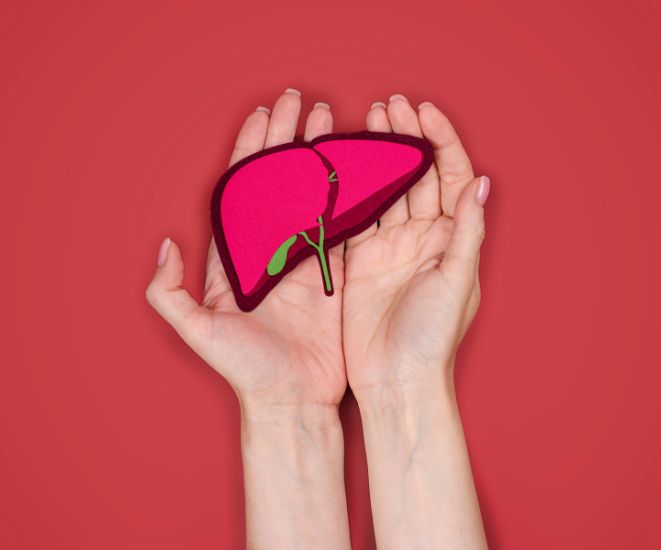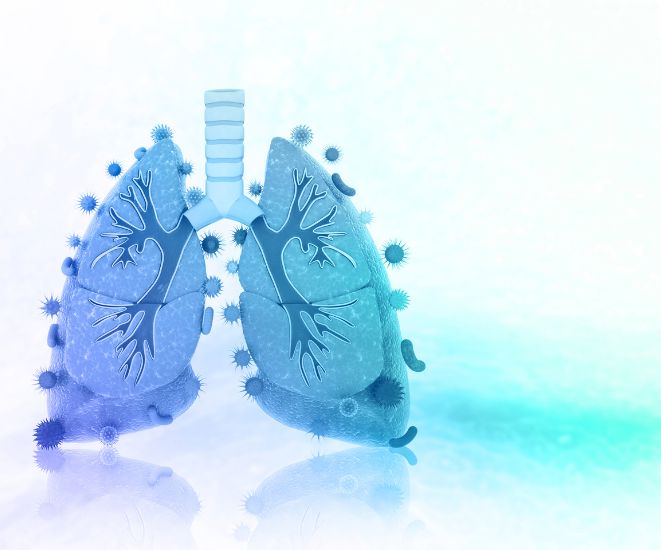Strategies for a Healthier Liver
MASH (Metabolic Associated Steatohepatitis) is a liver disease that can cause swelling, scarring and other long-term damage. It happens when fat builds up in the liver and the body’s response to this fat creates inflammation. Over time, MASH may lead to serious health problems if not treated. Let's look at different MASH liver disease treatments that can help manage symptoms and protect the liver.
1. Resmetiron (Rezdiffra)
Resmetiron, which is also called Rezdiffra, is a special medicine used by some patients with MASH. It helps to reduce the buildup of fat in the liver and lowers inflammation. The medicine works by changing the way fat is made and stored in the liver. Using Resmetiron may help stop the damage to the liver from getting worse.
2. GLP-1 Agonists
GLP-1 agonists are a group of medicines that are often used to help control blood sugar, especially in people with diabetes. They also help some patients lose weight. For patients with MASH, these medications work in two ways. First, they help manage levels of blood sugar, which can affect how the liver stores fat. Second, they help with weight loss, which can lessen the burden on the liver. Because the liver does not have to work as hard, it can have a better chance to heal and recover.
3. Diet
A healthy diet is very important for people with MASH. Eating the right foods can reduce the amount of fat in the liver. A good diet plan includes plenty of vegetables, fruits, whole grains and lean proteins like chicken, fish and beans. Reducing foods high in saturated fat, sugar and refined carbohydrates will help lower liver fat.
Sometimes, a doctor or dietitian may create a special meal plan that is easier on the liver. By choosing the right foods and keeping portion sizes in check, many patients see improvements in their liver health.
4. Physical Activity
Regular physical activity is another key way to help treat MASH. When you exercise, your body uses up extra energy, which may help lower fat around the liver. Even simple activities like walking, biking or swimming are helpful. Health experts suggest getting at least 30 minutes of exercise most days of the week. Consistent physical activity not only helps the liver, but also boosts your mood, strengthens the heart and helps control weight. It is important to choose activities that you enjoy so that it is easier to stick with them.
5. Avoiding Alcohol
Alcohol can harm the liver, so it is very important to avoid alcohol if you have MASH. Drinking alcohol can make liver damage worse and can speed up the progress of the disease. For those who have this condition, even small amounts of alcohol can be risky. By not drinking, you give your liver a better chance to heal and avoid further damage. Always follow your doctor’s advice regarding alcohol consumption.
6. Bariatric Surgery
In some cases, people with severe obesity may consider bariatric surgery to help with weight loss. This surgery reduces the size of the stomach and helps you feel full after eating smaller amounts of food. Losing weight can improve many aspects of health, including the amount of fat in your liver.
Bariatric surgery is not for everyone and usually is considered when other treatments have not worked. It is important to talk with a doctor to understand if you are a good candidate for this surgery and to learn about the benefits and risks.
7. Controlling Diabetes
Diabetes and MASH often occur together. When blood sugar is high, more fat can gather in the liver and inflammation can increase. Controlling diabetes is a key part of treating MASH. This can include taking prescribed diabetes medications, following a healthy diet and exercising regularly. By keeping blood sugar levels within a good range, you can reduce the stress on your liver and help prevent additional damage. Regular check-ups with your doctor will help you manage both conditions at the same time.
8. Keeping Cholesterol Low
High cholesterol can play a part in the buildup of fat in the liver. For people with MASH, keeping cholesterol levels low is very important. This can be achieved by eating foods low in saturated and trans fats, like lean meats and low-fat dairy products, and by eating more fruits, vegetables and whole grains. Sometimes, doctors may also prescribe medications to help lower cholesterol. Lower cholesterol levels mean less stress on the liver and a lower risk of further liver damage over time.
MASH liver disease treatments require a careful and thoughtful approach. It is very important to work with a healthcare provider when deciding the best treatment plan for MASH. By taking steps to manage MASH, you can improve your overall health and quality of life.
The information on this website is for general educational purposes only and is not a substitute for professional medical advice. Always consult your doctor or qualified healthcare provider before making changes to your health, diet or treatment plan.

